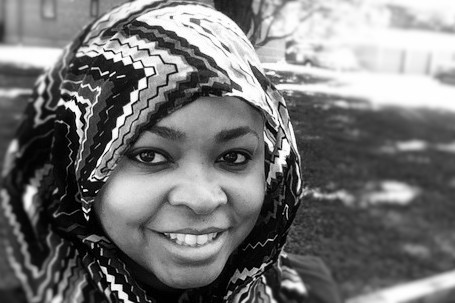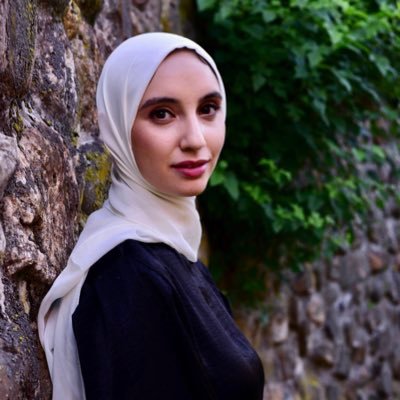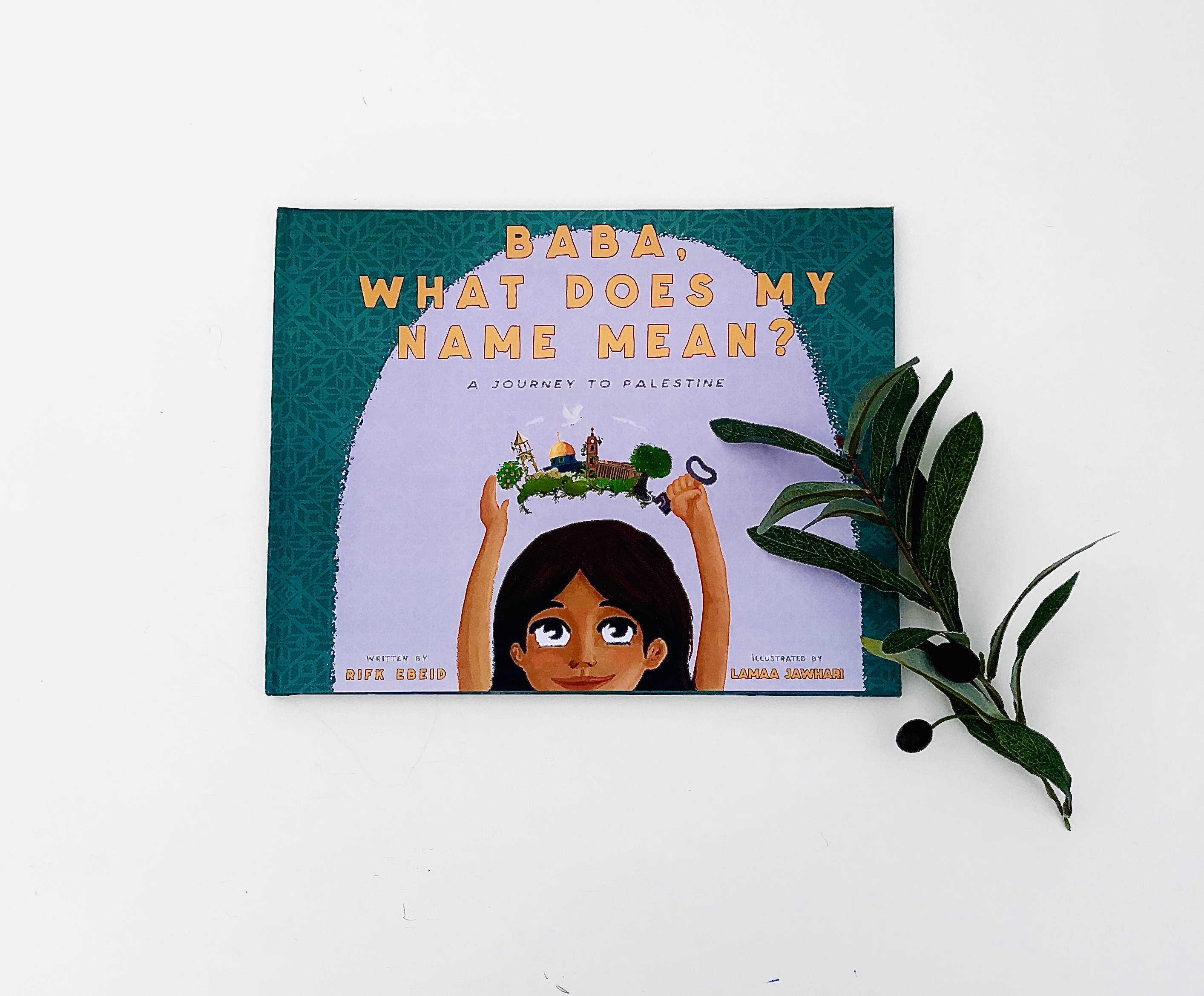I came to Islam in 1993, influenced by social consciousness in Hip Hop. Artists like Rakim, Sista Souljah, and Public Enemy, all of whom who were popularizing Islam, nudged me closer to the faith through their lyrics. I watched Spike Lee’s Malcolm X (1992) one year before my conversion, and soon after poured over the detailed files the FBI had kept on this Muslim activist. Inspired by Malcolm X’s message of racial justice and his critique against white supremacy, I too developed a passion for activism anchored by faith.
Along with this formidable black leader, I was also moved by the writings of Alija Izetbegovic, the first Muslim president of a European country, Bosnia. I became heavily involved in student activism at DeAnza Community College, and quickly exhausted every book about Islam and Islamic history at the college’slibrary. Unable to pay my fees in spring of 1994, I was forced to put my education on hold. So I began to hang out with my new found friends at a mission style liberal arts college, Santa Clara University. In the basement of the university’s Orradre library, I would sit for hours with a pre-med student from Iraq who taught me how to read and write Arabic.
My determination to earn my degree remained undimmed, and soon I returned to DeAnza college with the help of a concerned family who generously took me in. They weren’t Muslim, but would even buy halal meat specifically for my meals. I will always remain indebted to them for their hospitality. Around that time, I attended a conference at the Islamic Center of the South Bay on Islamic scholarship where the panel of Muslim speakers discussed piety and sacrifice for the sake of gaining knowledge. The panelist advised those of us who were interested in truly understanding the Qur’an and Islamic traditions to travel abroad and learn Arabic. I desperately wanted to go, but how would I, a Black American woman from a working class background and with meager financial resources, travel to the Middle East?
Although I didn’t have any way of studying Arabic in the Middle East at that time, I was able to study Maliki fiqh (religious rulings) from Hamza Yusuf when he taught classes at Masjid An-Nur. I happened to be in the right place at the right time; he had offered this class just before he would launch Zaytuna Institute, a college that would go on to become the premier Muslim educational institution in the U.S., raising Yusuf’s public profile.
I took a chance in 1998 and applied to my dream school. When I saw a thin envelope that looked like a rejection letter, my heart sank, but within moments of ripping it open, I cried tears of joy for the first time in my life.
My second time weeping with joy was in 2001, when I learned that my outstanding tuition balance was paid and I had receive a financial aid award that allowed me to attend college full time. Just days before my first class though, 9/11 occurred. In those first months, I became a passionate spokesperson for my faith and committed myself to graduate study of Islam. After a decade of struggle, I graduated in 2003, just in time for my 10 year high school reunion. I became the first college graduate in my family.
I applied to nine PhD programs. Once again, I expected rejection, but was accepted into Stanford and Berkeley, as well as UC Santa Barbara and Cornell. I chose Stanford. There I studied Muslim social networks, transformations in Islamic learning, and anti-colonial resistance. The work load was brutal, but I kept my voice, as well as some semblance of my sanity, by blogging. I earned my master’s degree, but after years of struggling with unsupportive advisors, I left the PhD program. I found myself at an Islamic school and two summer camps, all in distressed neighborhoods in Philadelphia. Identifiably Muslim, I felt at ease walking through blight. Despite the poverty and inequity, seeing Muslims contributing to their communities gave me succor.
In 2014 I co-founded Muslim Anti-Racism Collaborative (MuslimARC) to address the entrenched racism I saw in Muslim communities. Like other areas of my life, doors have not always been open to me, so, I have had to build my own.
We don’t have institutional support, so our work has to speak for itself. We are constantly pushed to produce quality and professional work on par with groups much better funded than we are. Some days are harder than others, but the invaluable support and unwavering dedication of my team continues to bolster my spirit.
My family has seen me struggle for years, first through school and now with MuslimARC. They see the long hours I work to produce online courses, content, and education products. They have watched me organize workshops, conferences, and convene meeting after meeting. I remembered how earlier this year, when a group of community leaders met with President Obama, people on twitter questioned their motives. I defended a number of the attendees on social media, stressing how important it is that our community not be seen as a monolith and that we allow African American Muslims to speak and represent in a space where they have historically been excluded. My defense of people like Kameelah Mu’Min Rashad, who is the Muslim Chaplain at the University of Pennsylvania, and Bilqis Abdul-Qaadir, a member of Indiana State University’s women’s basketball team who played while wearing the headscarf, was not lost on me when I was invited to the White House Iftar this past Ramadan. My anxiety over the backlash I might face from the Muslim community overrode what should have been a moment for me to speak truth to power. I refused friends and family who offered financial help so I could attend the iftar. I regret turning down the support and caving in to the pressure from the Muslim establishment that had rendered me, a black woman, invisible for so many years. Ultimately, I did not go.
My family can tell you that recognition and success have come at great cost– financially, emotionally, and even health wise—but I always strive keep my identity, my context as an African American Muslim woman,in mind. For others who struggle, it is important to show that with resilience we can make the seeminglyimpossible happen. This is how I could go from a high school drop out to Stanford graduate student. This is how with Namira Islam and our team of volunteers, we could create an organization out of thin air. With that same grit, sweat, and tears, I believe that that we can change our community to exemplify the egalitarian spirit of Islam. Anchored by faith, we can help those who are less fortunate, who are marginalized, who are downtrodden, truly rise.
[separator type=”thin”]
Margari Hill is Programming Director of Muslim Anti-Racism Collaborative and Assistant Editor at AltMuslimah





May Allah bless you and grant you the courage and strength to continue your work, fi sabililLah.